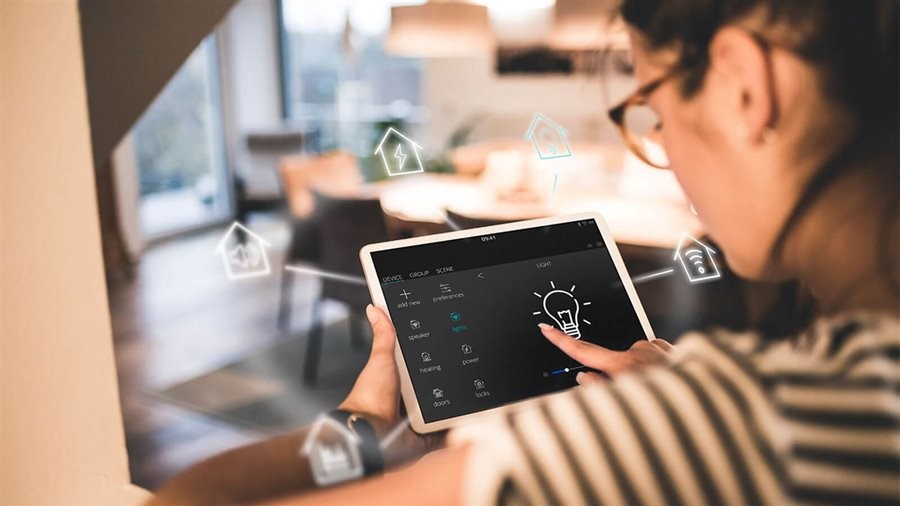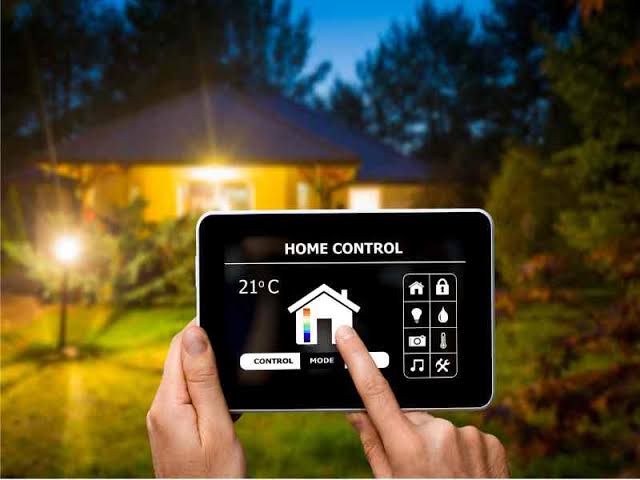Smart home automation is essentially the use of progressive technology in everyday home systems that allow for centralised control of the devices and appliances. The technology covers everything from light, heat, and safety to music and energy management, all of which are manageable through a smartphone or a voice assistant from anywhere. As the world becomes more and more interconnected, the adoption of smart homes is turning people around on how they get along with their homes.
The importance of smart homes is expanding, mainly due to the adoption of Internet of Things (IoT) devices, artificial intelligence, and machine learning. These innovations are revolutionising smart homes into more convenient, energy-efficient, and safety-enhancing. The smart homes market is going up to bigger heights as buyers are continuously looking for methods to raise the relaxation, safety, and eco-friendliness of their homes. As per Pristine Market Insights, the number of people who are 80 years old and above is increasing at the same pace. So, the increasing geriatric population is anticipated to be the trigger for the smart home market demand, as seniors locate the technologies that facilitate independent living support.
The article discusses the future of home automation and the changes and new inventions that the smart home industry will face after 2025. The article further outlines how such technologies will continue to be the frontier of the new normal.
Rise of AI in Smart Homes
AI-powered smart home systems have been transformed dramatically to be more intuitive and easier for the user. AI-driven devices at home grasp and predict the user patterns and accordingly change the settings to make a convenient atmosphere. AI-assisted voice units like Alexa and Google Assistant provide peak comfort by allowing voice control, which is considered one of the easiest ways for users to interact with smart devices without physically doing it.
Predictive automation is pretty helpful. A user, for example, could set the condition that the temperature needs to be changed or the lights should be turned off, and the AI will do it at the specified time without any mistake, thus saving the users from the wastage of time. The constant learning and adjustment of AI to different users make it a guarantee that the AI will not only be around but will also continue to transform and personalise the home experience with more comfort, utility, and convenience solutions.
Enhanced Connectivity: 5G and IoT
Once 5G technology comes in, it will not only increase the speed but also the accuracy and connectivity of smart devices, which will also be able to communicate with each other without any break. 5G will provide the ideal data transfer solution that will enhance the performance of Internet of Things (IoT) devices, making them faster and more energy-saving.
The IoT ecosystem that is expanding with a larger number of connected devices is the main factor that is driving the development of smart homes, where devices are compatible and interact without the need for manual intervention. The standardisation of protocols is a must for the interoperability of smart devices in order to avoid any communication issues. It is expected that this will give the devices of various manufacturers and software platforms the ability to merge and thus become a more integrated and efficient home environment.
Security and Privacy: The New Focus
AI, machine learning, and biometrics such as facial and voice print recognition are some of the technologies which have brought about a revolution in the advanced security systems of smart homes. These systems are capable of detecting and reacting to any abnormal activities very quickly, which is the reason why they offer great security.
Since more and more devices are collecting personal data, smart home companies have been compelled to put the protection of user data as their highest priority. They are working on stronger encryption and privacy protocols that are able to provide the users with the protection of their information.
Nevertheless, the fears of surveillance and the hijacking of systems are hovering among people. Companies are taking the security of their customers very seriously, and they are installing two-factor authentication, always updating the software, and so on, to make sure that the homes of their customers are safe and secure.
Sustainable Smart Homes
Homes equipped with smart devices are changing to energy-saving houses as they use smart thermostats, lights that save energy, and appliances that lower the total energy consumption. Apart from the mentioned devices, even the automated systems are getting more efficient in water usage, managing waste, and energising the property. These changes are leading to better, cleaner living.
Additionally, the use of solar energy for smart homes and the production of gadgets using eco-friendly materials are the main factors for attainable sustainability, which is the case of smart home automation keeping up with green lifestyles and playing a part in reducing the ecological footprint.
Integration of Smart Home with Health and Wellness
Health-Focused Automation
Eventually, the health-related features will be an integral part of the smart homes that will include air quality monitoring, exercise tracking, and sleep enhancement, which are the features that not only give a healthy environment but also make it simpler to follow a healthy lifestyle.
Smart Healthcare Devices
The trend of wearable technology and connected healthcare devices will be widely accepted, and these devices will be designed in such a way that they will be able to easily merge with smart home systems to maintain the users ‘ health and provide them with personal health reports.
Mental and Physical Well-being
Smart home devices, by using some of their features like lighting and music that have been proven to be effective in calming the mind and body, will be able to modify the environment in such a way that people will be able to relax and concentrate.
Future of Smart Kitchens and Entertainment
- Smart Kitchens: Appliances which improve cooking efficiency, manage food storage in the best way and propose recipes as per the available ingredients.
- Entertainment Automation: The merging of smart TVs, speakers, and home theatre systems, which facilitate customer-friendly control and customisation, coupled with improved multimedia experience.
Conclusion
One of the main changes leading to the transformation of smart homes is the factors such as AI-driven developments, improved connectivity, security, sustainable development, health, and entertainment. Due to these changes, houses tiled have been altered in a way that they can also store energy efficiently and perform user profiling. Eventually, people will get acquainted with the idea of smart homes through constant technological advancement, which will make the concept more advantageous in terms of comfort, safety, and environmental friendliness.

